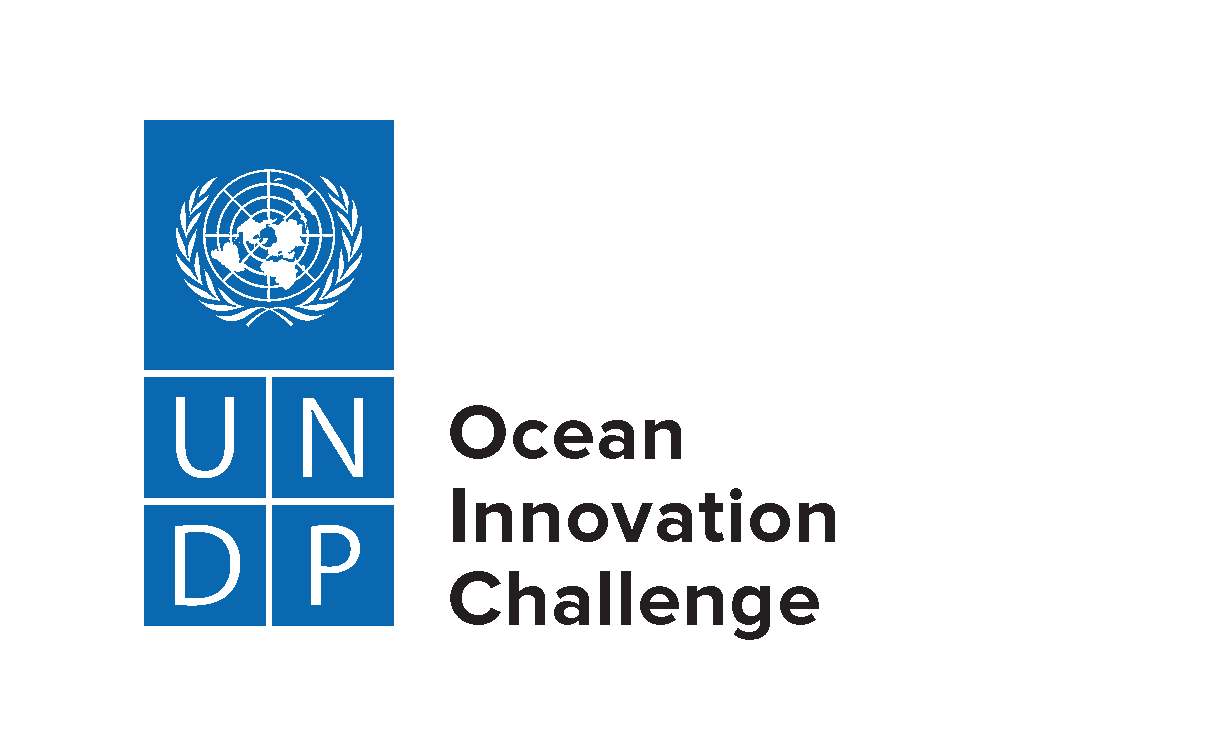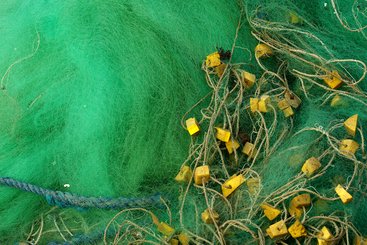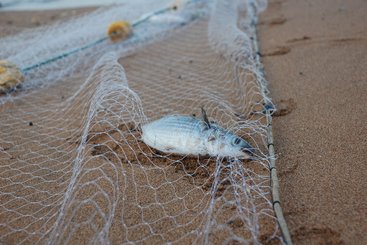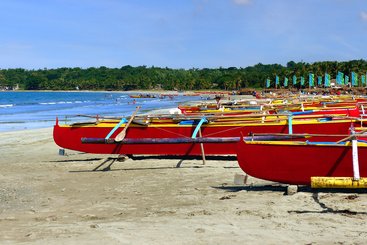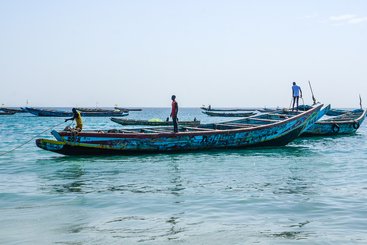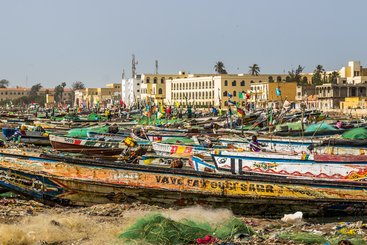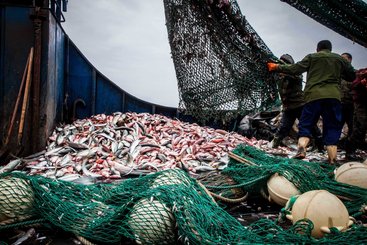
Investigating illegal, unreported, and unregulated fishing by Distant Water Fishing fleets
Distant water fishing (DWF) poses risks to the sustainable use of marine resources on which people in low-income countries depend. As part of the UN Development Programme’s Ocean Innovation Challenge, this project aims to address a fundamental data gap related to DWF, and help inform sustainable fisheries policies in some of the most vulnerable fisheries in the world.
Global fishing has developed quickly since the 1950s, powered by technological improvements, public subsidies, and soaring demand for fish protein. As fleets of increasing capacity exhaust fish stocks in the waters of advanced economies, others are hunting further afield, particularly in the waters of low-income countries.
DWF is often connected to illegal, unregulated, and unreported (IUU) fishing. Because of their fragile governance and weak enforcement, low-income countries are most at risk from the IUU fishing activities that accompany DWF fleets – and because many people’s income, employment, and food security in these countries is dependent on marine resources, IUU fishing can be a critical obstacle to sustainable development.
Despite this, there exists an important gap in the literature on IUU fishing and unsustainable fishing. There is no unique global DWF vessel registry, and no clear information on how many DWF vessels there are, and where they operate. Existing IUU estimates are outdated.
This project will help inform sustainable fisheries policies in five developing economies – Senegal, Ghana, Peru, Ecuador, and the Philippines – which are some of the most vulnerable fisheries in the world, and where the impacts of unsustainable fishing affect people’s income, employment, and food security the hardest. It does this by: investigating the scale, form, and behaviour of the international and national DWF fleets operating within the Exclusive Economic Zones and surrounding waters of each country; identifying patterns in the IUU behaviours of these DWF fleets; and estimating the economic losses derived from this activity.
The project will support policymakers and other stakeholders in these countries with much-needed evidence and analysis of fishing activities, to help them a business case for policy and enforcement reform. Project outputs will include an open-access data repository to enable other interested parties to replicate and scale up this type of data analysis.
New report: Produced by ODI for the UNDP Ocean Innovation Challenge, Fishy Business is the first study to estimate the impact of distant-water fishing businesses with a previous track record of unsustainability on the economies, employment and well-being of five countries: Ecuador, Ghana, Peru, the Philippines and Senegal.
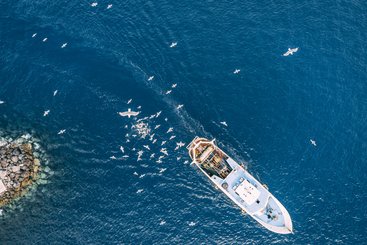
Fishy Business policy briefs
A world without illegal fishing
Read ODI's contribution to UNDP OIC's article for International Day for the Fight Against illegal, unreported and unregulated fishing.
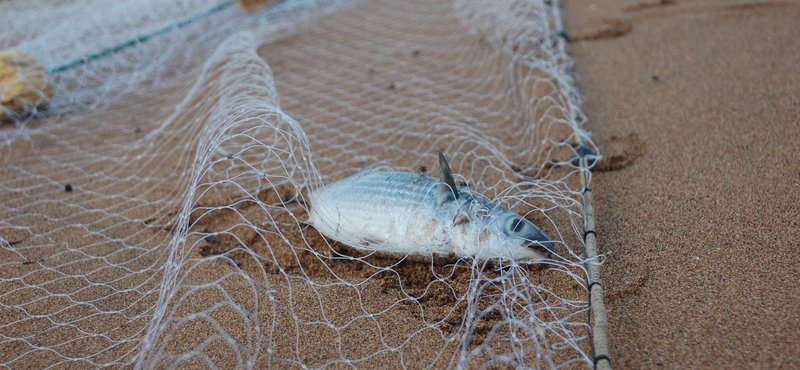
#PowerON for the Ocean
Published on International Women's Day 2022 and drawing partly on interviews by ODI's Miren Gutierrez; this piece by UNDP Ocean Innovations and Actions provides insights from the women of UNDP ocean innovations on winning in the digital age
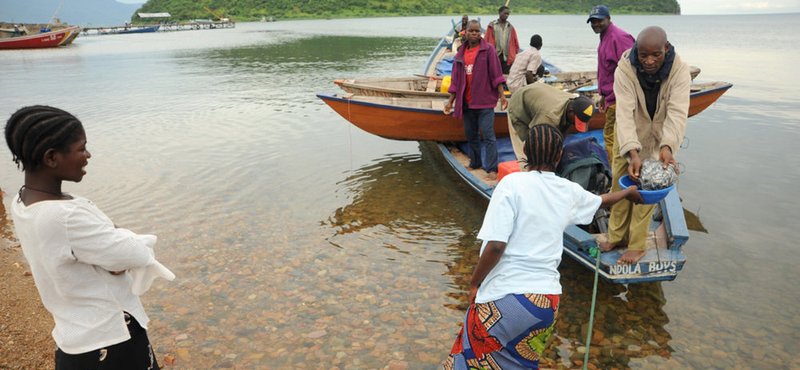
Find out more about the project: IUU fishing and unsustainable behaviour of Distant Water Fishing Fleets
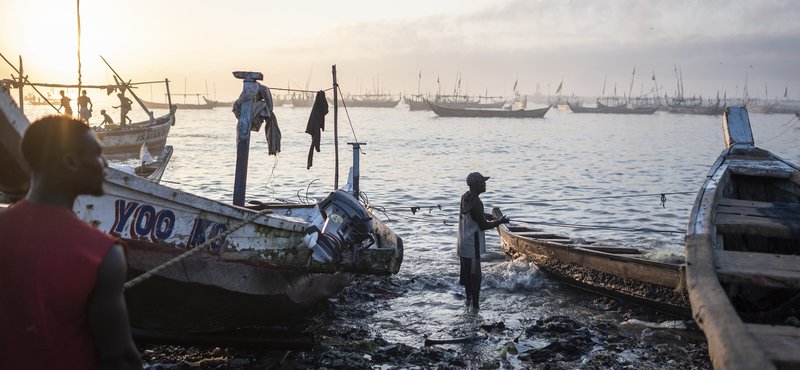
Supported by
-
UNDP Ocean Innovation Challenge
